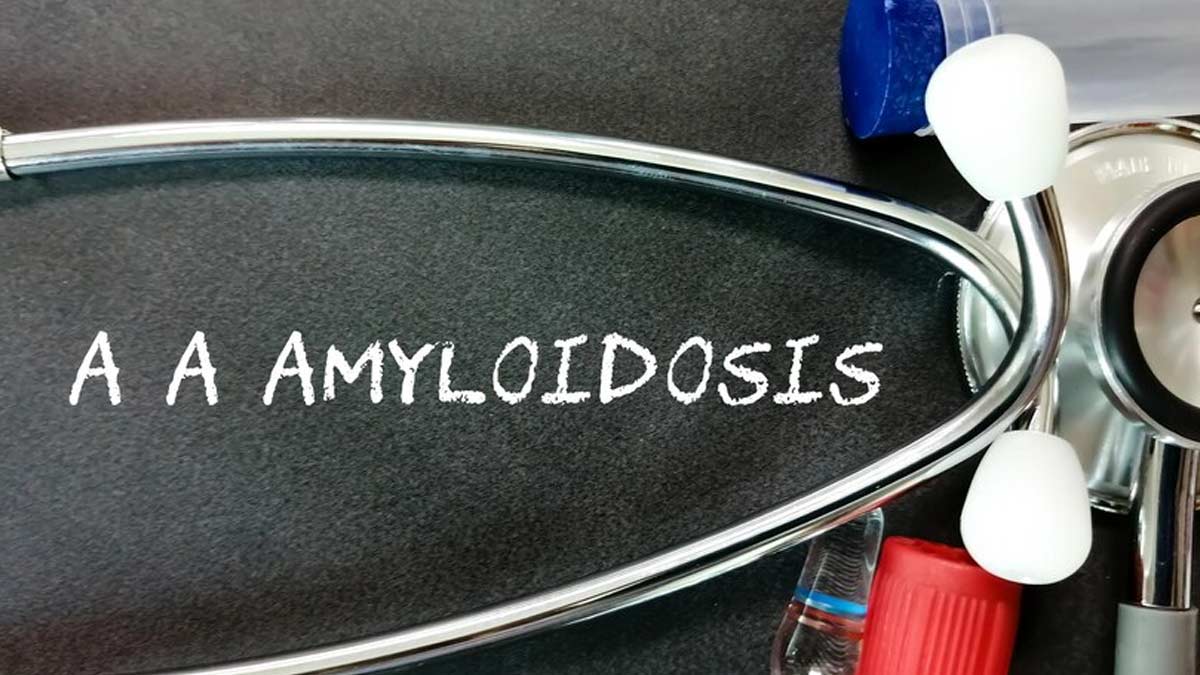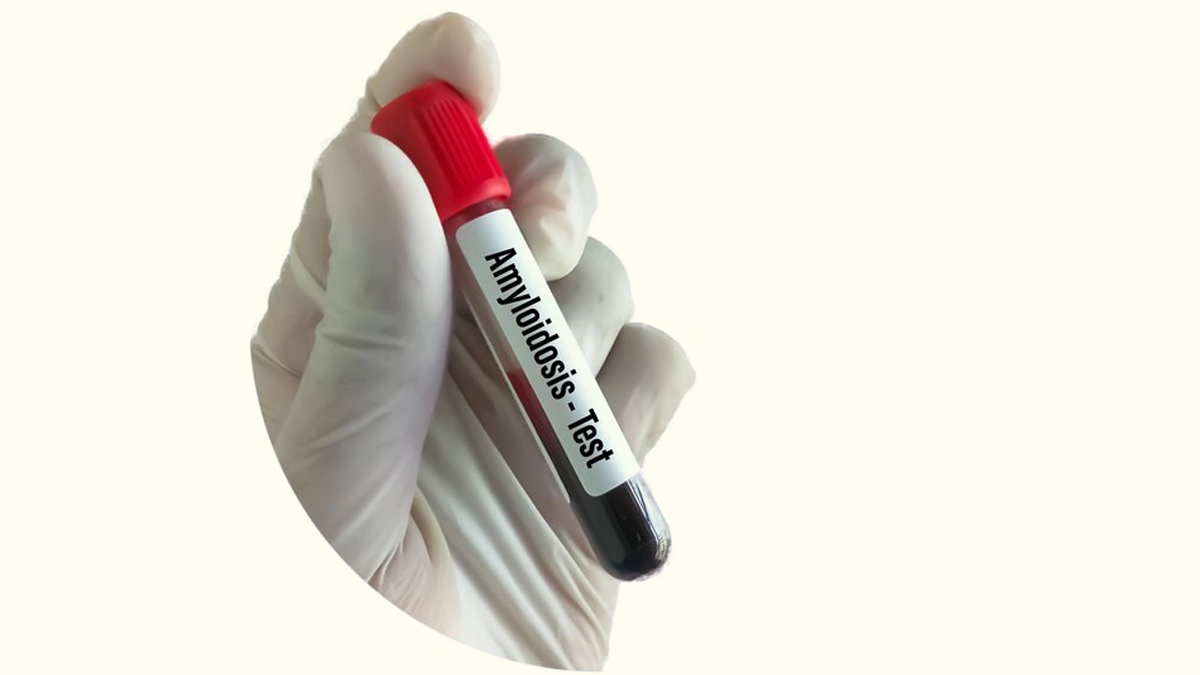
Amyloidosis, although rare, is a medical condition that can have a significant impact on those affected by it. Characterised by the buildup of abnormal proteins called amyloids in various organs and tissues, amyloidosis can present a range of symptoms.
“Amyloidosis is an uncommon and confusing disorder in which a usually soluble protein amyloid misfolded and clumps, generating insoluble fibrils that collect in various organs such as the heart, kidneys, liver, and nervous system, causing them to malfunction,” said Dr Hisham Ahamed, Associate Professor, Cardio-Oncology, Amrita Hospital, Kochi.
Fatigue and Weakness
According to the National Library of Medicine, this disease can be localised or systemic, with amyloid collecting in the spleen, liver, kidney, blood vessels, and nerves.
One of the earliest signs of amyloidosis is often a continuous feeling of fatigue and weakness. People may find themselves easily exhausted, which can interfere with daily activities.
Also read: 9 Top Vegetarian Alternative Of Chicken To Get Adequate Protein
Swelling
Swelling, also known as odema, can occur in the ankles and legs. This is typically due to the accumulation of amyloidosis affecting the body's ability to regulate fluid.

Heart-Related Symptoms
Amyloidosis can impact the heart, causing a variety of symptoms such as irregular heartbeat, shortness of breath, and chest pain. These cardiac symptoms can be particularly concerning and should be evaluated promptly.
Kidney Issues
Amyloidosis can affect kidney function, leading to symptoms like protein in the urine, swelling in the face and ankles, and difficulty concentrating urine.
Gastrointestinal Problems
Digestive issues may arise, including diarrhoea, constipation, and unintended weight loss. These symptoms can often be misattributed to other conditions.
Nervous System Symptoms
In some forms of amyloidosis, the nervous system can be affected. This can lead to symptoms such as numbness, tingling, or weakness in the limbs.
Skin Changes
Amyloid deposits can sometimes manifest as skin changes, including purple patches or easy bruising.

Enlarged Liver and Spleen
An enlarged liver or spleen can occur in some cases of amyloidosis.
Difficulty Swallowing
Amyloid deposits in the throat can cause difficulty in swallowing, which can be both uncomfortable and potentially dangerous.
Issues In Vision and Hearing
Rarely, amyloidosis can affect the eyes and ears, leading to vision problems or hearing loss. It's important to note that the symptoms of amyloidosis can vary widely depending on the type and extent of organ involvement. Because it is a rare condition, diagnosis can be challenging, and medical evaluation by a specialist is important.
Early detection and treatment can significantly improve the prognosis for individuals with amyloidosis.
Amyloidosis is a complex and rare disorder with a range of symptoms that can affect multiple organ systems. Awareness of these symptoms and seeking medical attention when they arise are crucial steps towards managing this condition effectively.
Read Next
Study Says High Chances Of A Natural Pregnancy After IVF: Expert Explains If It Is Possible
How we keep this article up to date:
We work with experts and keep a close eye on the latest in health and wellness. Whenever there is a new research or helpful information, we update our articles with accurate and useful advice.
Current Version